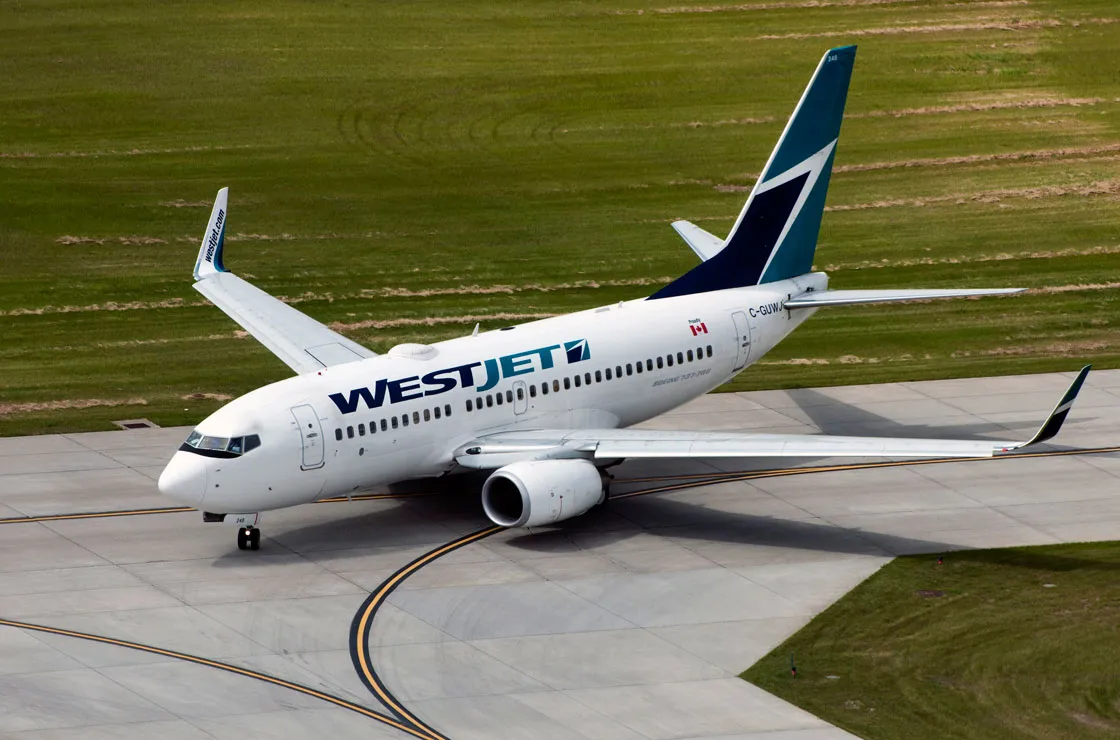A new “currency surcharge” is about to be tacked on to the price of vacation packages abroad starting with Transat tours next week.

The exception to the move, which will see the country’s other two big operators in Air Canada Vacations and Sunwing follow with their own surcharges by the end of the month, is WestJet Vacations.
“We just don’t think it’s the right thing to do,” Vito Culmone, the company’s chief financial officer, told an investor conference held in Whistler on Friday.
READ MORE: Vacation operators adding new $35 ‘currency surcharge’
“We’re hedged a year out,” the executive said. That means WestJet has foreign-exchange contracts in place that guarantee a fixed dollar value for another year, so WestJet isn’t feeling the financial pressure yet from the loonie’s sharp decline.
Analysts say hedging contracts are standard among tour operators who are constantly buying things like blocks of hotel rooms and jet fuel in U.S. dollars.

Get weekly money news
That might suggest Transat, Air Canada and Sunwing are similarly shielded at the moment from the currency swing. So why are they adopting new surcharges?
A request for comment from Montreal-based Transat, the country’s biggest tour operator, wasn’t immediately responded to.
Transat said in a statement earlier this week: “Due to the significant depreciation of the Canadian dollar, an additional surcharge of CA $35 per passenger will be added to all packages and flight bookings for Florida and Sun destinations, effective January 27, 2014.”
The new fees being applied by Air Canada and Sunwing – also $35 – will be introduced Jan. 30.
“You’ve seen some of our competitors do that already – basically the entire tour operator industry,” WestJet’s Culmone said.
Transat said in December it may impose a new surcharge this year if the value of the loonie continued to lose ground.
But experts weren’t expecting to see new surcharges so soon.
“I think it’s still in the early stages, not something you’ll see coming in the next couple months,” Ben Vendittelli, analyst at Laurentian Bank Securities said earlier this month.
Still, WestJet’s Culmone said that for every cent the loonie sheds, his company’s operating costs increase $14 million, two thirds of which goes toward paying for jet fuel.
If the loonie’s value remains depressed when WestJet’s hedging contracts come up for renewal, new charges or higher prices may be considered, he said.








Comments